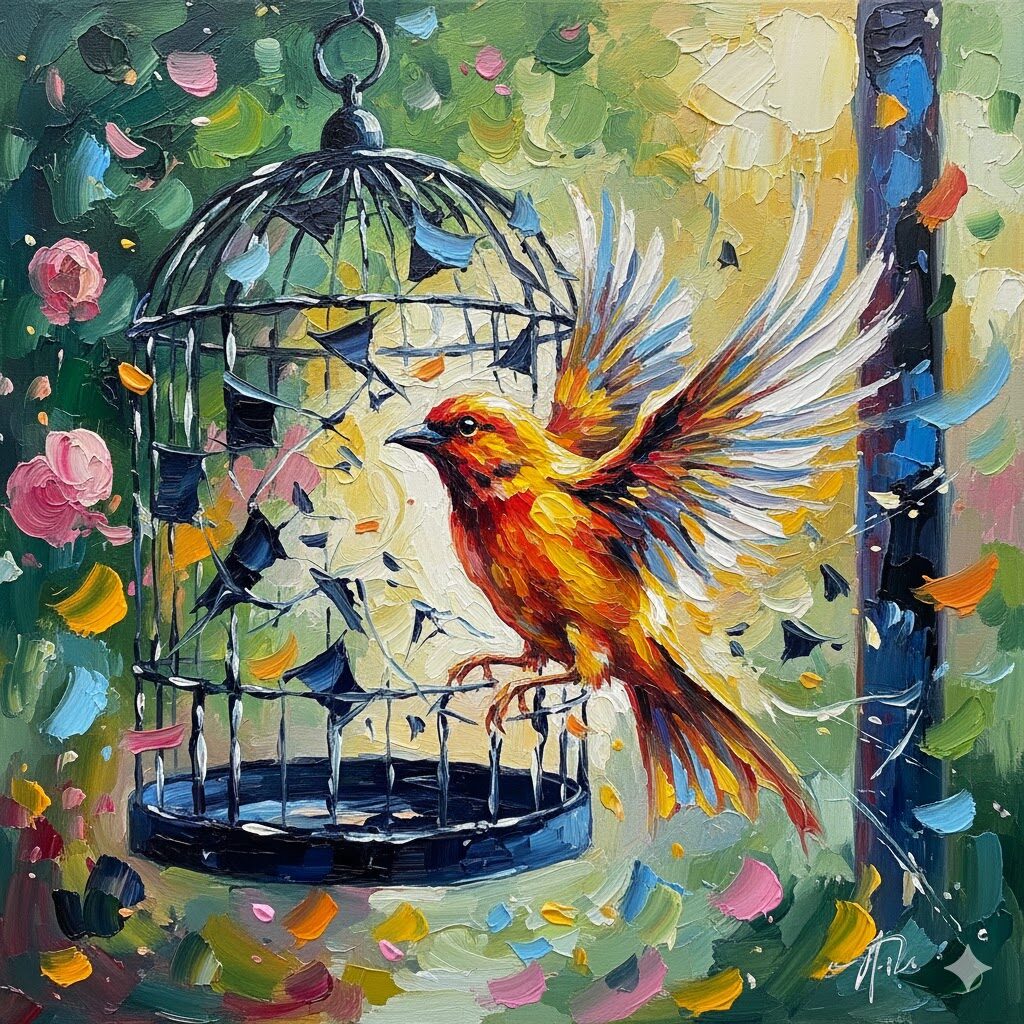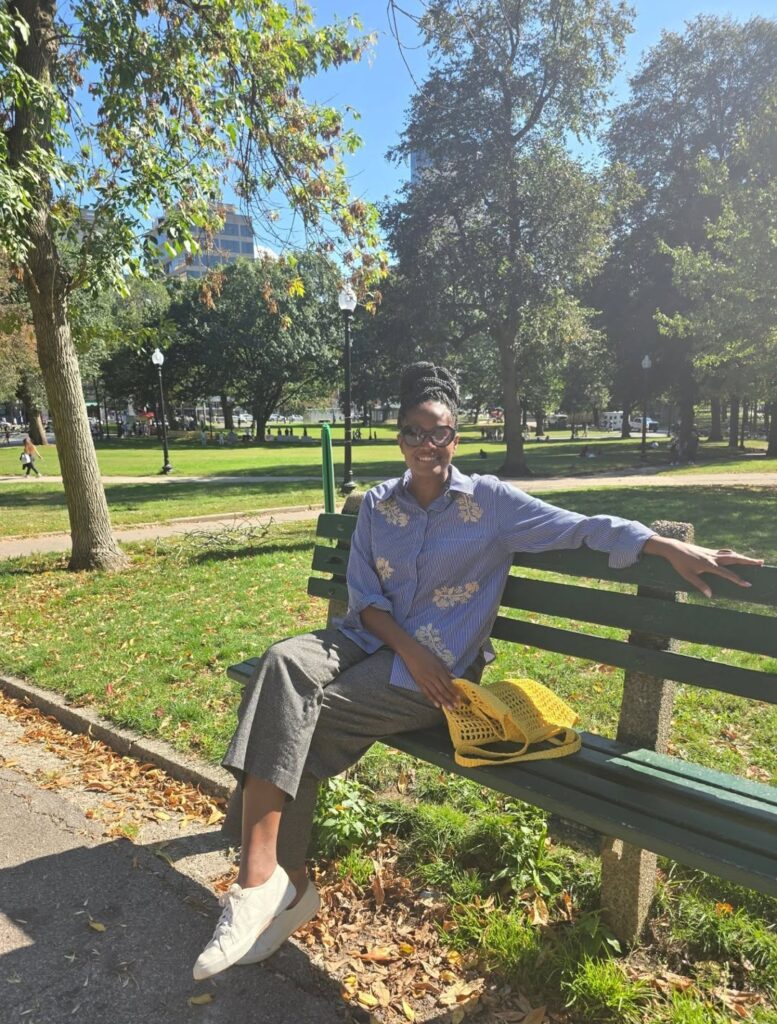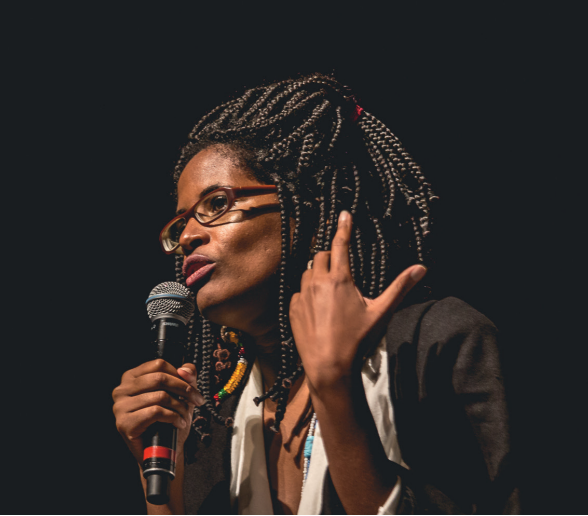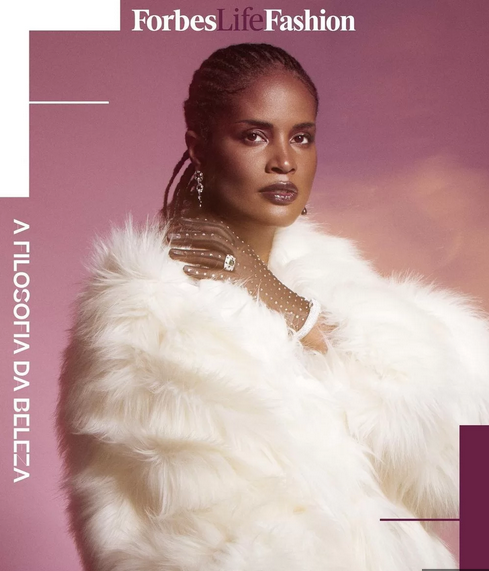Opinion – Djamila Ribeiro: Independence or Death

Text originally published in Folha de S.Paulo on August 28, 2025
In a polarized scenario, where fundamental debates are reduced to passionate disputes akin to soccer rivalries, the idea of independence remains an essential ethical value.
I’m not only speaking of political or economic independence — each valuable in its own right — but of that which unfolds in the realm of thought: the autonomy to reflect without subordination to easy consensus, to act without seeking external approval. Intellectual independence — a condition as rare as it is precious — reminds me of Sérgio Sampaio’s lyrics in “Sinceramente,” when he sings:
“There’s nothing more beautiful than being independent.
And to win, to go, to arrive, just like that, so simply.
There’s nothing more peaceful than being what you feel.
And to love, to lose, to cry, then to win, so freely.
There’s nothing more lonely than being intelligent,
and to hum, to err, to go off-key, so sincerely.”
It’s beautiful to stand by who you are — to win or lose, but remain true to yourself. In “My Words Will Be There,” Black feminist poet Audre Lorde also offered a powerful reflection on independence when she wrote memorable lines that strengthen me every time I read them:
“My critics have always wanted to see me in a certain way. People do that. It’s easier to deal with a poet — certainly a Black woman poet — when you categorize her, limit her enough so that she fits your expectations.”
Lorde goes on:
“But I’ve always felt that I cannot be categorized, and that feeling has been both my weakness and my strength. It has been my weakness because my independence cost me the support of some people. But, you see, it has also been my strength because it gives me the power to go on.”
“I don’t know how I would have survived what I’ve survived and continued producing if I didn’t feel that it is everything I am that fulfills me and satisfies my vision of the world,” she concludes.
Brazilian geographer Milton Santos once argued that an intellectual must not be a slave to the thoughts of others. He criticized what he called mimetic thinking: the uncritical repetition of theories created in other contexts. For him, independence was essential for one to be considered a true intellectual.
Independence comes at a high cost. It requires courage to face boycotts, attacks, and attempts at delegitimization. In societies marked by normalized inequality and manipulation of public opinion, to think independently is to reject the comfort of mediocrity and the anesthesia of consensus. That’s why it irritates. That’s why it’s watched. To be independent is to reject the domestication of critical imagination.
Pushed to its limit, independence is an expression of freedom: it does not ask permission from institutions, does not accept imposed hierarchies as natural, and does not bow to power’s blackmail. To be independent is to affirm that no institution is sacred and no authority is beyond question. It is to refuse the theater of daily obedience — blind allegiance, easy criticism, political fanfare — and claim the dignity of living unchained.
It is to reject the myth of “order and progress” to expose how often what we call “order” is nothing more than the calculated choreography of inequality. It is to sustain critical thought in the face of its announced demise — with maturity and respect, yes, but without giving up one’s convictions. Independence is neither recklessness nor immaturity: it is the most demanding form of responsibility.
For Black women in a capitalist, racist, and patriarchal society, being independent is like a capoeira match — an interplay of dance and fight. Coming from economically vulnerable positions, one must know when to dodge, when to strike, when to stay silent not in agreement, but as a survival strategy. It’s a dance that requires solitude, but it projects solidarity, because breaking the chains of hegemonic thinking allows others to breathe too.
The other day, I watched the Indian film “The Voice of Empowerment.” In one scene, a character tries to bribe the local strongman. Offended, the man responds: “You want to bribe a free bird with a mere cage?”
To paraphrase: if I had to sum up the meaning of independence, I’d say —
you cannot impress a free bird with a cage. Its destiny is to fly.
Content translated with the assistance of artificial intelligence
Related articles

October 6, 2025
Djamila begins a new chapter in Cambridge

December 21, 2022
Djamila Ribeiro launches new website

December 21, 2022
Djamila Ribeiro is on the cover of Forbes Life

